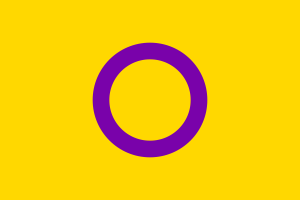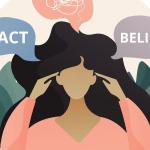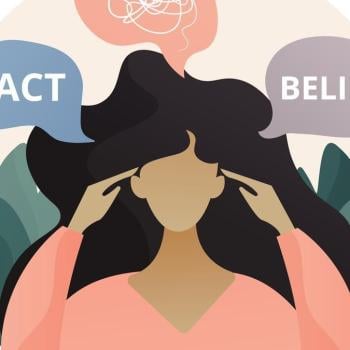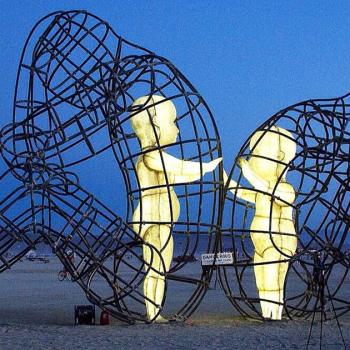
In the strictest biological terms, sex is dichotomous (a person is either male or female), but this does not reflect the lived reality of intersex people:
- You can be born appearing female but have a 5-alpha reductase deficiency and grow a penis at age 12. Medically, this condition is known as 5-alpha Reductase Deficiency.
- You can be born legally male with an X and a Y chromosome, but your body is insensitive to androgens, and you appear female. Androgen Insensitivity Syndrome is a condition that affects sexual development before birth and during puberty.
- You can be born legally male with an X and a Y chromosome and have a penis and testes, and a uterus and fallopian tubes. This is another form of Androgen Insensitivity Syndrome known as Persistent Müllerian Duct Syndrome (PMDS).
- You can be born legally male with an X and a Y chromosome, but your Y chromosome is missing the SRY gene, which gives you a female body. This is a condition known as Swyer Syndrome.
- You can be born legally female with two X chromosomes, but one of the Xs has an SRY gene, which gives you a male body. This is another form of Swyer Syndrome.
- You can be born legally female with two X chromosomes and also a Y chromosome, which gives you a male body. This is another form of Swyer Syndrome.
- You can be born legally female with two X chromosomes, but your adrenal gland doesn’t produce enough cortisol, and your body develops as male. This is a condition known as X-linked Adrenal Hypoplasia Congenita which affects the development of the adrenal glands.
- You can be born with XX chromosomes and XY chromosomes. This is known as Chimerism.
Collectively, these conditions fall under the umbrella of Differences of Sex Development (DSD), also known as being intersex – a term used to describe conditions where a person’s sex development is atypical, encompassing variations in chromosomes, hormones, or reproductive organs.
Now, some might feel comfortable telling a biological male with a female body that they are a man, or a biological woman with a penis that they are a woman, but I certainly don’t – out of respect, I leave self-identity up to others. I have friends with some of these conditions, and am conscious of the effects DSD can have on identity and emotions. These individuals have spent their entire lives being different in a way that many simply won’t accept. When someone lives with complex conditions with even more complex psychological impacts, simple assertions about being either male or female are unhelpful at best.
The most conservative figure for the proportion of people with intersex conditions in the United States is 0.018%. Some sources cite much higher figures of 1.7% or even 2%, but others reject those claims because the higher percentages include conditions that, while related, do not strictly fall into the category of being intersex. If those percentages are extrapolated across the global population, the most conservative estimate is about 1.4 million people, and the least conservative is over 150 million worldwide. Even if we go with the most conservative figure, the existence of 1.4 million people living with DSD is significant.
I can understand why people want to make simplistic assertions about human experience. Black and white ideas are much more comfortable than nuanced realities, but if they don’t take into account the lived experience of others, those assertions are heartless. As Christians, we are called to love our neighbours as ourselves, which can also be understood as treating others as we would like to be treated. If I were intersex, I wouldn’t want to be told to categorise myself in a way that felt unnatural to me. I’d consider people who did so to be cruel and would feel excluded in their company. If a church failed to acknowledge my existence, I would feel utterly unwelcome and marginalised. Is this how the Church should behave? Should we deny the reality of other people’s lives and experience? Should we be cruel and wilfully ignorant? Or should we be welcoming, respectful, and inclusive? I know where I stand; how about you?
















